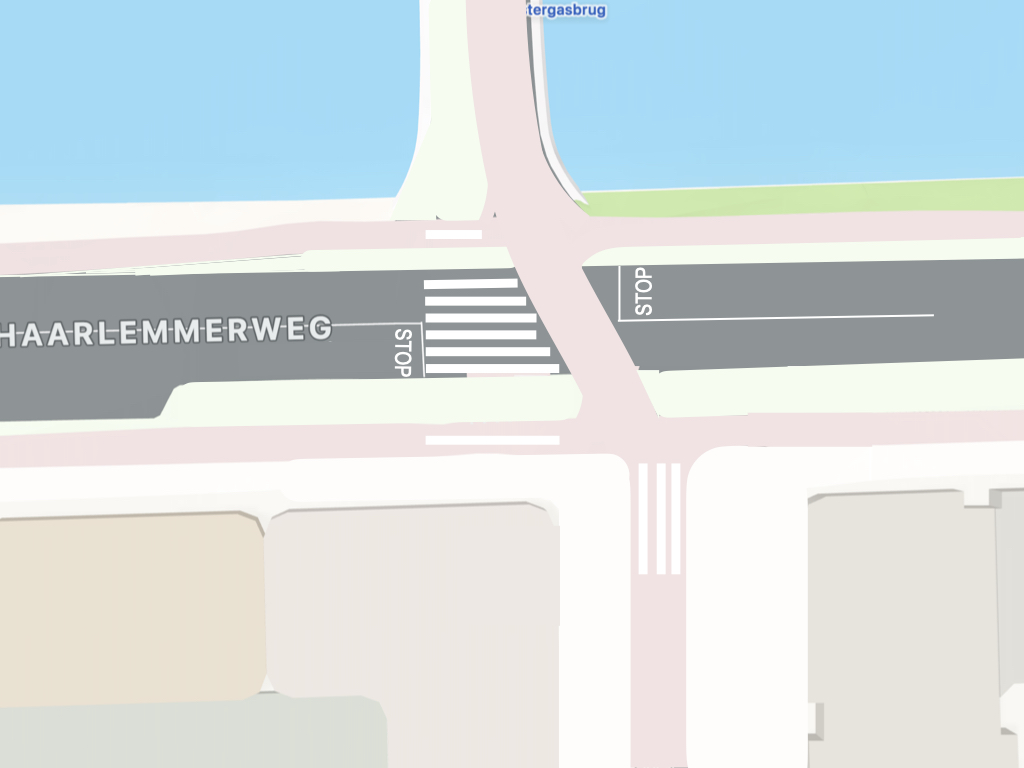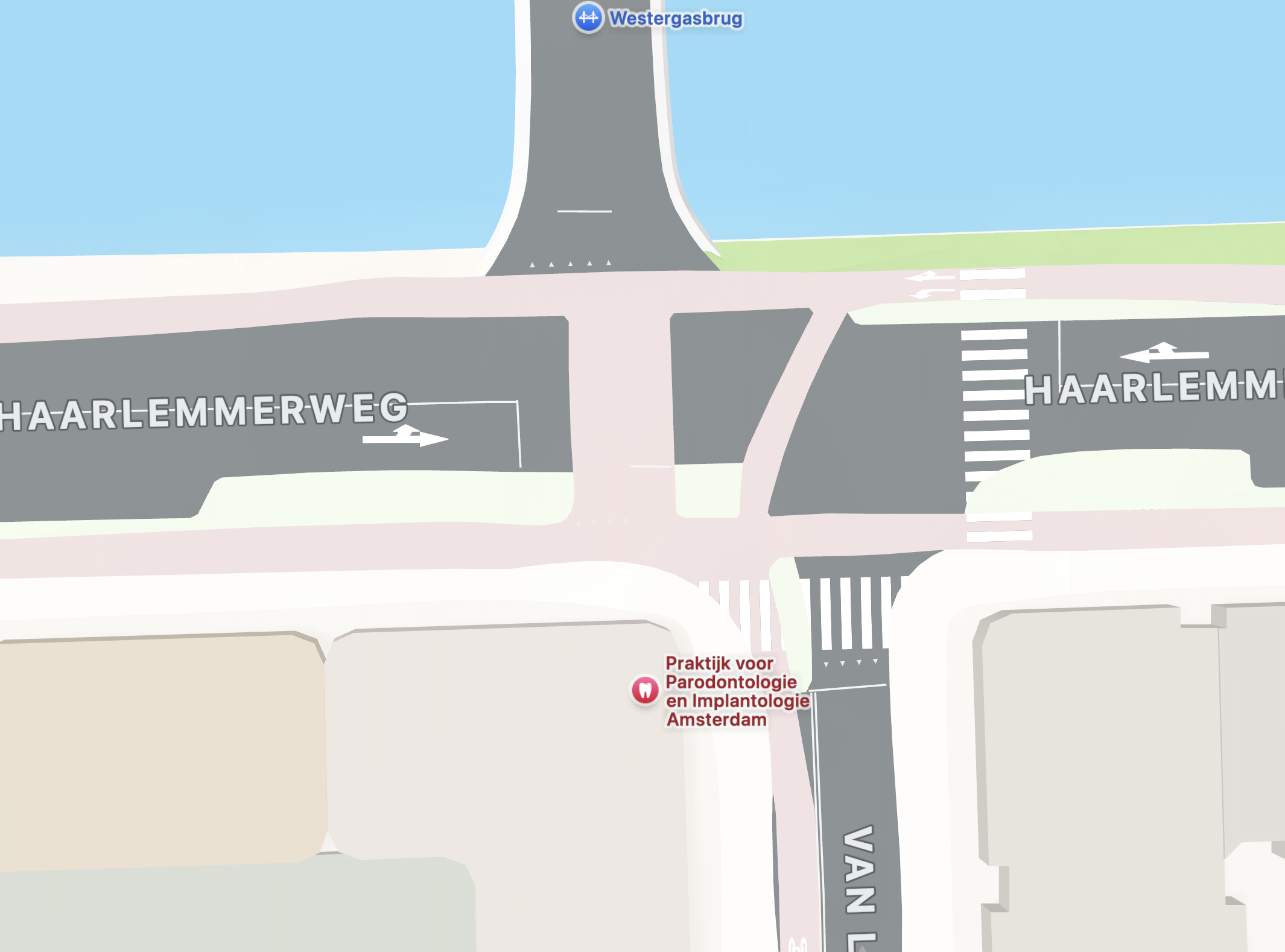Nieuws
A Ticket System for Government (Or: Let’s Finally Give the Ombudsman Teeth)
The ombudsman, as it stands, is a shark without teeth. It cannot even smell a scandal if it was bleeding before their eyes — can’t sense, can’t bite, can’t act, can’t fix. It’s a watchdog with no jaws. So let’s give it an upgrade or even better give the government such an upgrade that Ombudsman loses the necessity for their entire existence.
This isn’t some grand ideological revolution. It’s just a silly idea for a public ticket system. Silly, but powerful.
Imagine a civic ticket system — not buried in obscure forms, not locked in back-office email chains. Just like an internal help-desk, but for governance. Public, structured, traceable. And smart.
This is what it looks like.
Core Idea
Citizens should be able to report issues publicly — not buried in anonymous inboxes, not hidden behind “ongoing investigation” seals. People already talk about public issues. If people can talk about public issues with their friends, why can’t they track them together too?
A government ticket system could work just like internal systems in IT or customer service — but with a civic twist.
This is not a place for endless debate. It’s a structure to frame problem → proposal → response, cleanly and traceable.
This system proposes a transparent, iterative problem-solving interface where AI is used not to obscure, but to clarify.
The System: Public, AI-Structured, and Transparent
The system is made up of 4 stages — and yes, it uses AI — but only as a tool to help people sharpen what they’re already saying.
Every issue goes through this cycle:
1. Problem Description
a) Citizens submit an issue.
b) The AI cleans up the language, consolidates overlapping inputs, and upgrades the coherence of the report.
c) A public change-log shows the input that evolved the description — all steps visible, all input attributable.
2. Proposed Solution
a) Based on the refined problem description, the AI drafts a solution or possible action path.
b) This is visible to the public as a formal response — no magic, just structured reasoning.
c) This is not a decision. It’s a draft — structured logic, not authority. Only advice.
3. Critique Layer
a) Citizens respond to the proposed solution — a structured challenge to the proposal..
b) Their remarks are also structured by AI — not censored, but upgraded for clarity and grouped by theme or angle.
c) Again, change-logs and input trails are visible. No anonymous edits. No hidden manipulations.
d) in a sense this is the same as step 1 (problem description)
4. Upgraded Solution
a) The AI integrates valid critiques and proposes a refined version of the solution.
b) This is the “feedback-reinforced” stage, where the system attempts synthesis, not endless argument loops.
All stages remain visible — including abandoned tickets, failed resolutions, and ongoing ones. This creates a living public record of issues and proposed governance responses.
This is the synthesis. 1 = 2 + 3 = 4.
Why This Matters
- It forces clarity and traceability. No more vague complaints floating in chaos.
- It turns public input into a collaborative upgrade process.
- It shows which tickets are being handled, stalled, ignored — in plain sight.
- It makes every AI edit accountable, not mysterious.
- It doesn’t replace the ombudsman — it arms them.
Business Model? Sure — But Keep It Public
Yes, this is a product. But no, it shouldn’t be commercialized. This is civic infrastructure. It belongs to the commons.
It could be sold to municipalities, NGOs, or transparency coalitions — but that defeats the purpose.
Build it, release it, and let it run at zero cost. The public has already paid for enough systems that don’t work. This one should.
The value lies not in monetization — but in legitimacy.
Expanded Use: From Complaint Board to Administrative Operating System
What starts as a feedback tool can evolve into a complete civic engine. The system can scale:
- Reported Issue
- Processed Issue (by a public servant or automated filter)
- AI-generated remark on process adequacy (4-stages again)
- Re-open option if resolution was insufficient (4-stages again)
- Cross-department visibility and workflow mapping
- The ticket can go through different departments and the work of each department remains visible.
Each issue flows like a case file, but it’s public-facing and structurally transparent. Departments can adopt the system internally. Citizens and officials see the same state of the case. Updates are traceable.
With enough refinement, this system could even approach pre-judicial arbitration or replace lower-level administrative courts — especially for predictable, repeatable types of disputes (benefits, housing, permit denials, etc.).
At some point a judge and lawyer can then bend over the case after it went through these 3 steps.
Design Philosophy
- Public by default.
- AI-enhanced, not AI-obscured.
- Built around iteration, not resolution-hiding.
- Input is traceable. Reasoning is legible. Logic is public.
- Not built to silence citizens with forms — but to cohere chaos into clarity.
Potential Impact:
If deployed at scale, this would:
- Reduce performative complaint culture (“I ranted online!”) in favor of traceable input.
- Provide oversight journalists and watchdogs with live case data.
- Offer civil servants a way to separate noise from signal.
- Create longitudinal accountability: we’d know what failed, what improved, and why.
- We can track government efficiency through details such as backlog and amount of re-opened cases
Final Thought
Let’s stop treating public concern like noise.
Let’s give it a ticket.
Let’s give the ombudsman jaws.
Give people a way to speak clearly. Let the problems stay visible. Let the fixes be criticized. Let the system evolve in full view.
Democracy doesn’t die in darkness — it suffocates in forms. We’ve normalized arbitrary bureaucracy and opaque complaint systems. But the technology to upgrade them exists. All we’re missing is the will — and the will can be crowd-sourced.
Written by Artorius Magnus
https://tinyurl.com/laconic-utopia World-Peace suggestions @250 articles highschool dropout-autodidact (unofficially 5+ PhD's).
Suggestie

en de huidige situatie:
 .
.
AT5: 74-jarige fietser overleden na aanrijding op Haarlemmerweg
AT5 meldt dat de 74-jarige fietser is overleden na de aanrijding op de Haarlemmerweg..
website voor dit initiatief
https://bbovnl.nl.
Importance
The working group believes it is crucial that everyone can learn about the significance of the Bailey Bridge, as it was built by the British. Again: It allowed the Allies to continue to Arnhem.
Again: Operation Market Garden would have been stopped at the bridge in Son if there had been no Bailey Bridge.
Nowadays, many people still visit the bridge every year. On December 23, 2025, we will be in contact with several Americans who are taking a battlefield tour. We still have a lot to learn from history. The bigger picture needs to be further developed. Many aspects still need to be highlighted. Please spread this petition and email the working group via this website to share your story. Thank you, on behalf of all those interested and involved.
Belangrijkheid
De werkgroep vindt het van groot belang dat eenieder kennis kan nemen van het belang van de baileybrug, zoals die door de Engelsen gebouwd kon worden. Nogmaals: Daardoor konden de geallieerden door naar Arnhem.
Nogmaals: Operatie Market Garden zou bij de hefbrug in Son gestopt zijn als er geen baileybrug was geweest. In deze tijd komen er jaarlijks nog velen naar de brug. 23 December 2025 zullen we contact hebben met een aantal Amerikanen die een battlefieldtour maken. We hebben nog te leren van geschiedenis, Het totale plaatje mag nog verder compleet worden. Vele kanten mogen nog belicht worden,. Verspreid deze petitie en mail via deze site de werkgroep je verhaal te delen. Dank, namens alle geïnteresseerden en betrokkenen
politics
The citizens' initiative will be presented to the municipality on January 12, 2026. The petition will continue. We want to keep collecting signatures and are now also seeing signatures from France, England, and Schorland. If you have contacts in America and Canada, please spread this petition..
Politiek
Op 12 januari 2026 wordt het burgerinitiatief aangeboden aan de gemeente. De petitie blijft doorlopen. Wij willen handtekeningen blijven verzamelen en merken dat er nu ook getekend wordt vanuit Frankrijk, Engeland, en Schorland. Heb je contacten in Amerika en Canada verspreid dan deze petitie.
Politiek
In de gemeente Son en Breugel is er door de gemeenteraad een motie aangenomen om het monument van de baileybrug en de plaatsing er van te bespreken. Dit zal in het nieuwe jaar gebeuren.